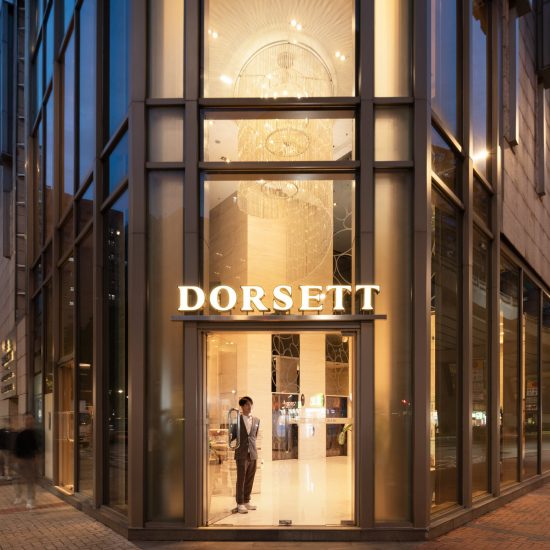|By Arabian Post Staff| The cut in housing allowances implemented by companies in Abu Dhabi is creating further strain on the higher end of the emirate’s residential market, according to Cluttons Abu Dhabi Spring 2016 Property Market Outlook. This underscores the need to address the capital’s lack of affordable housing options, Cluttons said.
Cluttons’ Abu Dhabi Spring 2016 Property Market Outlook report shows that the shrinking pool of high-end management level tenants in the oil and gas sector in particular, has meant rising void periods for properties at the higher end of the rental spectrum and increased demand for more affordable options.
According to the report’s findings, budgets continue to hover around AED 100,000 to AED 150,000 per annum at the lower end of the spectrum while average apartment rents stand at just over AED 160,000 per annum, rising to almost AED 270,000 per annum for villas, highlighting the affordability challenges faced by households.
According to the report, landlords are now increasingly aware of the challenging market conditions and have begun to explore ways in which to attract and retain tenants. On Reem Island for example, not only are some landlords lowering rents, but some are demonstrating greater flexibility in payment terms, with some accepting payment in up to four cheques per annum, up from one to two previously.
Edward Carnegy, Head of Cluttons Abu Dhabi commented, “Despite the maturing attitude, the market’s fundamentals remain frail, with tenant demand for high end stock not likely to stage a turnaround in the near term. Based on the prolonged period of oil price weakness, we now expect slightly stronger rent falls of up to 5% on average. That said, we expect areas perceived to be more affordable to continue to outperform the wider market”
The Cluttons report shows that rents in more affordable submarkets such as Hydra Village will remain resilient and are likely to post modest rent rises of around 2% to 3% during 2016. This follows a similar pattern to the previous 12 months, during which Al Reef Villas (8.7%) and Hydra Village (25.9%) have been the city’s star performers.
Away from the rental market, the value of villas across Abu Dhabi’s residential investment submarkets fell by 1.4% in the 12 months to the end of Q1 2016. This decline pushed the average price of Abu Dhabi villas to approximately AED 1,250 psf. Apartment prices remained largely unchanged in Q1 2016 but despite this there has been further compression in the annual growth rate, which has slipped to 0.8% from 1.1% at the end of 2015.
The deflation in residential values reflects growing caution in the market, which is being compounded by low levels of demand, Carnegy pointed out.
In the office market, Cluttons research shows that after a year of stability in office rents across Abu Dhabi, rates have now begun to slip in more secondary and tertiary locations, while some previously resilient Grade A schemes have also begun to experience rent declines. Average Grade A rents remained unchanged at AED 2,000 psm in Q1 2016, while more secondary (AED 1,200 psm) and tertiary stock (AED 800 psm) experienced average rent falls of AED 100 psm, marking the first decline in almost 18 months.
Despite the stability at the top end of the market, a handful of prominent Grade A developments registered downward rental movement during the first three months of 2016. For example, rents at World Trade Centre Tower were reduced by 8%. This reflects landlords’ acceptance of the challenging operating environment and it is these landlords that are likely to be best placed when growth eventually returns.
According to the report, in addition to the ongoing trickle of completions, office space is also being returned to the market by oil and gas firms, which is fuelling a supply-demand imbalance.




